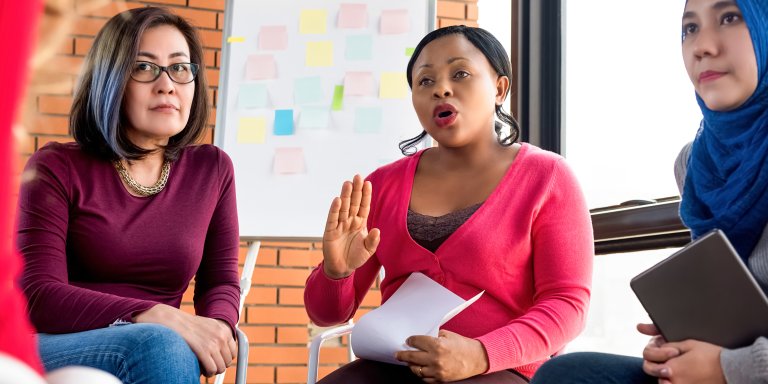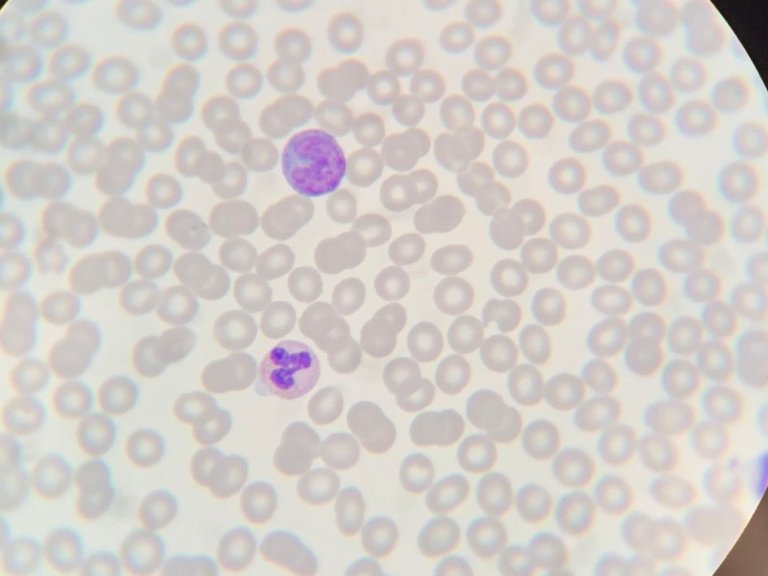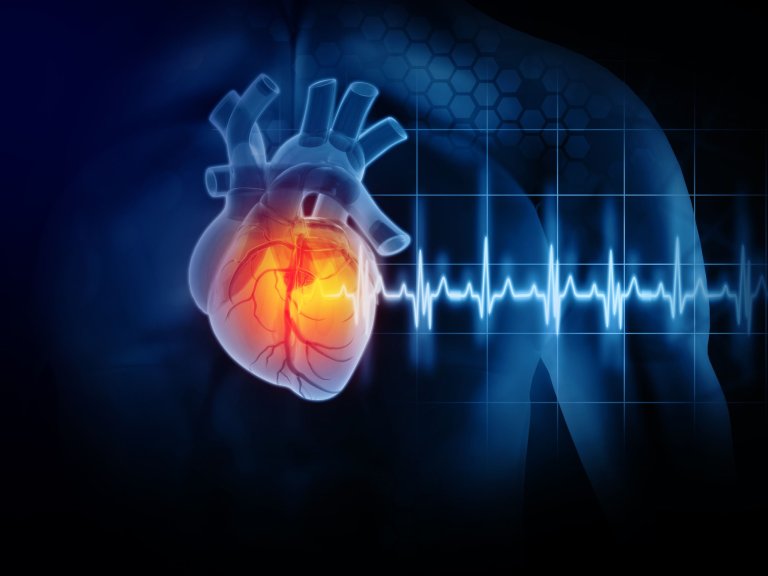However, there are interventions that can turn the tide with research both from Amsterdam UMC and Harvard University, among others, providing a blueprint for treatment in all countries, no matter their income level. One that involves mobilising the community and, for Bockting, "taking advantage of the possibilities offered by technology to give everyone access to evidence-based medicine."
On Monday, Bockting spoke at the symposium Societal Challenges, Global Mental Health and Humane AI held on the Spui in the centre of Amsterdam. Throughout the symposium attention was drawn to the various mental health challenges that people face across the globe, with a particular focus on those living in low- and middle-income countries. Primarily, due to the lack of access to treatment experienced by residents.
Know-Do Gap
This has been called ''the know-do gap" by Vikram Patel, Professor of Global Mental Health at Harvard University and perhaps the global authority on mental health treatment in low- and middle-income countries. Patel, also one of Bockting's fellow speakers during the symposium, is quick to highlight the magnitude of the disparity: "there are more mental health professionals in New York City than there are in sub-Saharan Africa.”
However, despite this, Patel points out that "the United States have spent $25 billion over 10 years and, by every available metric, only made their mental health worse”. Patel believes that rather than simply "pouring money down the drain,” it is time to "shift the needle on global mental health” by looking to psychosocial interventions as an interdisciplinary solution.
Psychosocial interventions forgo medication and instead combine psychological treatment with interventions that take place in community, with a role for trained local people instead of medical professionals. After decades of research, clinical trials and functioning scale ups, Patel is unwavering: "there isn't a situation in world mental health where a psychosocial intervention wouldn't help.”
Patel's certainty is evidence-based and largely informed by his work on the Healthy Activity Program (HAP) in India. In Patel's eyes "interventions should be provided where the people are, and not where the professionals are," and this is the guiding principle of HAP.
The programme began in 2013 with the goal of developing a treatment plan that could be delivered by those without medical training (laypeople). Results from the program showed that HAP could increase the chance of ending depressive symptoms by up to 66% after as little as six sessions, with the treatment having the strongest influence on those with the most severe symptoms. While this is extremely promising, Patel emphasises that interventions can only "reach the underreached” if they are supported by the wider national health system.
City Residents
Building on the work from Patel, and in line with her own position as co-director of the Centre for Urban Mental Health, Claudi Bockting's work has a particular focus on city residents.
Those in cities experience disproportionately high levels of depression and mental health problems. Researchers from Amsterdam UMC reviewed literature in 2010 and noted then that those who lived in cities had up to a 21% increase in anxiety disorders and an almost 40% increase in mood disorders. Bockting's own research has shown that increasing neighbourhood cohesion can result in fewer depressive symptoms and, thus, reduce this disparity between urban and rural areas.
And, as with Patel, Bockting sees a large role for technology in supporting the process: "technology can help to remove the stigma around mental health treatment. Too often people postpone, or entirely avoid treatment, purely because they don't feel comfortable asking for help.”
Bockting's research in Indonesia has demonstrated the effectiveness of technological interventions, through behavioural activation, a form of treatment that promotes the understanding of which behaviours trigger positive or negative emotions, and then making changes based on this knowledge.
However, as with Patel's work in India, empowering the community through the use of laypeople was found to greatly improve the effectiveness of treatment. Further contributing to the evidence that community activation can "close the [know-do] gap in low- and middle-income countries across the globe.” Patel believes that part of the explanation here is to with the stigma but also with trust: "trust is central, people are more likely to trust someone who wears the same clothes and speaks the same language as them.”
Translational Research
Frank Cobelens, Professor of Global Health at Amsterdam UMC and Director of Amsterdam Institute for Global Health and Development led the Q&A session during the symposium. For him, while "everything in global health is about closing the [know-go] gap,” the example of psychosocial intervention offers a solution that can be translated to high-income countries: "While shifting the tasks from the medical professional to the community is often seen as a solution to a lack of personnel, in this case it is literally adding value in itself."
Bockting believes that this is reason enough to make interventions "a common feature in every country's healthcare toolkit." Patel is currently working with this goal in mind and has launched EMPOWER, a non-profit organisation to spread knowledge of psychosocial intervention "to anyone, anywhere to master the delivery of psychological treatments and behavioral interventions."
This, combined with years of research, is enough to convince Patel that there is already evidence enough for us as a society to "break through the idea that mental health problems can only be treated by specialist, in a white coat, in a hospital.” All that it takes is for "professionals to give up some of their power and give it to the community”.




